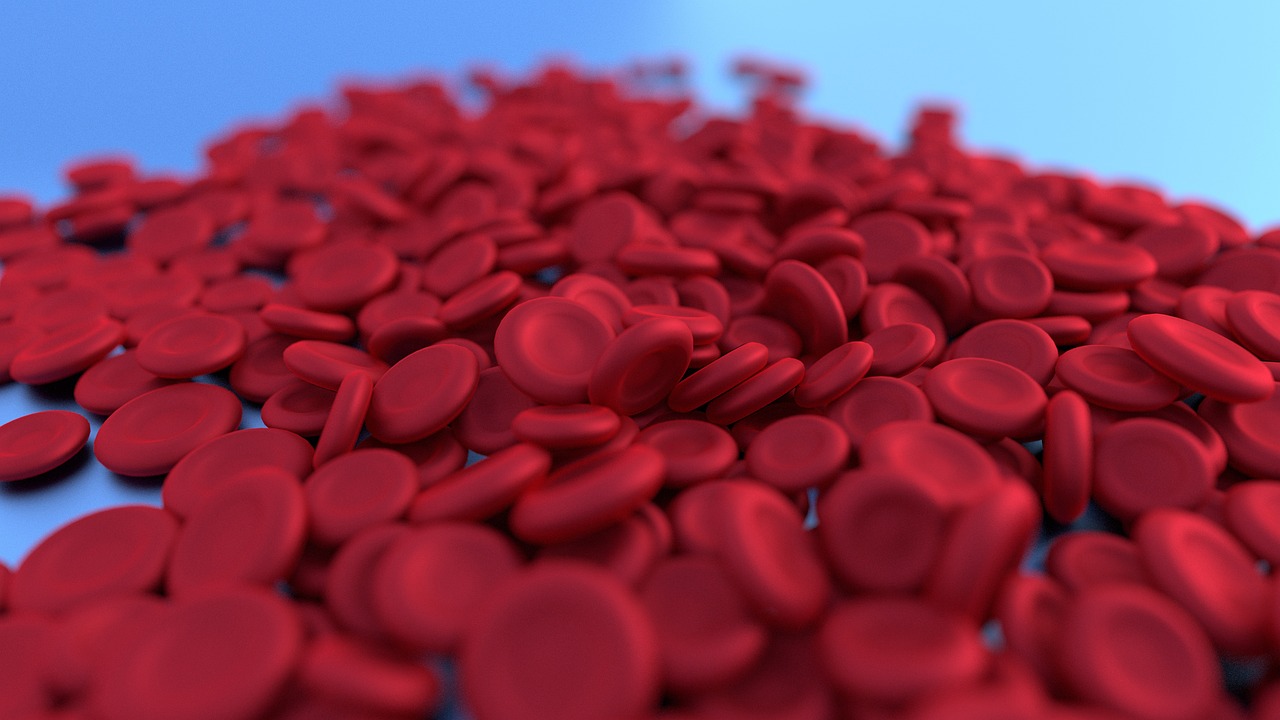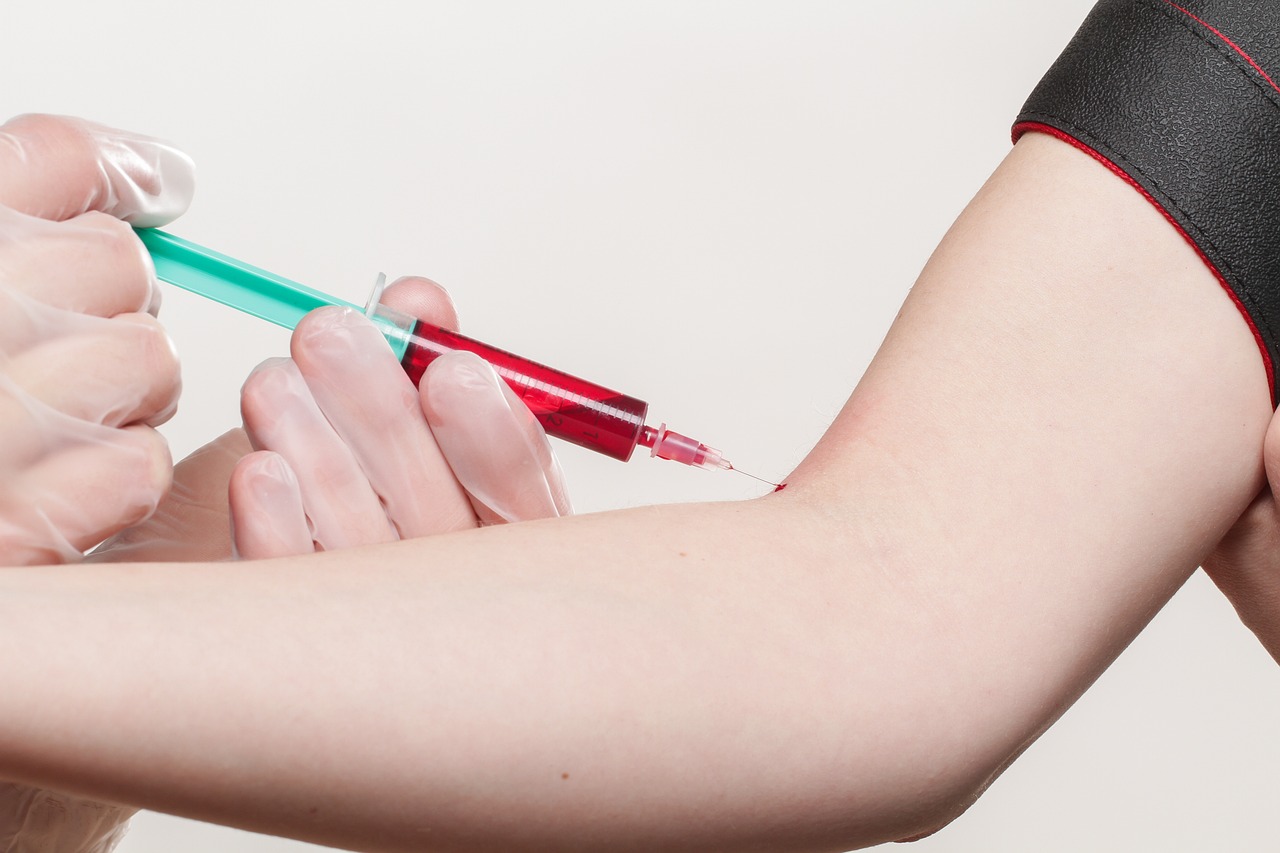How Iron Supplements Are Transforming Anemia Treatment
Introduction:
Anemia, marked by a deficiency in red blood cells or hemoglobin, is a widespread condition impacting millions globally, often stemming from insufficient iron levels. Iron, crucial for hemoglobin production, facilitates oxygen transport to body tissues. When iron is lacking, the body struggles to generate sufficient healthy red blood cells, resulting in fatigue, weakness, and breathlessness. In confronting anemia, iron supplements play a pivotal role in restoring iron reserves and reinstating overall health.
Understanding Anemia and Iron Deficiency:
Anemia arises when the body lacks adequate healthy red blood cells for efficient oxygen delivery to tissues. Iron deficiency anemia ranks as the most prevalent form worldwide, affecting individuals of all ages, backgrounds, and ethnicities. Its origins vary, spanning from inadequate dietary iron intake to poor iron absorption, blood loss (e.g., menstruation or gastrointestinal bleeding), or heightened iron demands during growth spurts or pregnancy.
Symptoms of iron deficiency anemia encompass:
- Fatigue and weakness
- Pallor
- Shortness of breath
- Dizziness
- Cold extremities
- Headaches
- Fragile nails
- Increased infection susceptibility
Neglected, iron deficiency anemia can precipitate severe consequences like cognitive impairment, weakened immunity, and cardiac issues. Hence, prompt iron deficiency rectification is paramount for sustaining overall health and vitality.

Anemia in India
In India, anemia remains a pressing public health issue, affecting diverse demographics, with a notable impact on women and girls. Here's a detailed overview of the present anemia scenario:
Anemia prevalence in India is notably high, encompassing a significant portion of the populace, inclusive of women, girls, and men. Recent data from the National Family Health Survey (NFHS-5) conducted during 2019-2020 underscores this concern, revealing a staggering 40.9% prevalence among women aged 15-49. Alarmingly, the survey highlighted that adolescent girls, in particular, faced a disproportionately high prevalence, reaching 52.4%.
Women and girls bear a disproportionate burden of anemia in India, attributed to multiple factors such as menstrual blood loss, insufficient dietary intake of iron-rich foods, and prevailing cultural norms influencing food distribution. The NFHS-5 findings underscored the severity of this issue, especially among adolescent girls, emphasizing the urgent need for targeted interventions.
Sources:

The Role of Iron Supplements:
Iron supplements stand as a prevalent treatment for iron deficiency anemia, instrumental in replenishing depleted iron stores and re-establishing hemoglobin levels. They come in diverse formulations, including ferrous sulfate, ferrous gluconate, and ferrous fumarate, accessible both over-the-counter and via prescription. Iron supplements become imperative when dietary interventions prove insufficient in correcting iron deficiency or when iron absorption from food falters.
Choosing the appropriate iron supplement type and dosage hinges on individual needs and tolerability. Certain individuals may encounter gastrointestinal adversities like constipation, nausea, or gastric discomfort when using iron supplements. In such instances, healthcare practitioners may advocate commencing with a lower dosage, incrementally escalating to mitigate side effects.
Tips for Augmented Iron Absorption:
To heighten iron supplement absorption and optimize efficacy, consider these recommendations:
1. Administer iron supplements on an empty stomach, ideally an hour pre or two hours post meals, as food impedes iron absorption.
2. Steer clear of simultaneous iron supplement and calcium-rich food, dairy items, or calcium-laden antacids, as calcium impedes iron absorption.
3. Vitamin C bolsters iron absorption; hence, pair iron supplements with vitamin C sources like orange juice or supplements.
4. Uphold hydration by consuming ample fluids, fostering improved iron absorption.
5. Should gastrointestinal side effects persist, liaise with healthcare providers regarding alternative iron formulations or strategies for side effect management.
Crucially, iron supplements mandate administration under healthcare professional guidance, as excessive iron intake can incite toxicity and adverse repercussions. Healthcare providers conduct blood assessments to gauge iron levels, facilitating dosage and supplementation duration determination commensurate with individual needs.

Integration of Iron-Rich Foods into the Diet:
Supplementing iron supplements with an iron-rich diet is indispensable for staving off and addressing iron deficiency anemia. Iron-rich dietary fare encompasses:
- Lean meats, poultry, and fish
- Legumes, lentils, and tofu
- Leafy greens like spinach and kale
- Fortified grains and cereals
- Nuts and seeds
- Dried fruits like raisins and apricots
Marriage of iron-rich foods with vitamin C sources accentuates iron absorption. For instance, pair iron-fortified cereals with sliced strawberries or relish a spinach salad with citrus-infused vinaigrette.
Conclusion:
Iron deficiency anemia, a pervasive condition, wields substantial repercussions on health and well-being. Iron supplements emerge as quintessential in replenishing iron reserves and reinstating hemoglobin levels in those grappling with iron deficiency anemia. When judiciously employed under healthcare professional tutelage, iron supplements can assuage symptoms, augment energy levels, and foster overall wellness. Nevertheless, it's imperative to amalgamate iron supplementation with dietary practices and address underlying iron deficiency triggers for optimal outcomes. By spotlighting the significance of iron supplements in combatting anemia and furnishing actionable directives on their utilization, we can embolden individuals to embark on a proactive journey toward enhanced health and vigor.

Frequently Asked Questions (FAQ) on The Significance of Iron Supplements in Health
1. What is the role of iron supplements in maintaining health?
Iron supplements play a crucial role in preventing and treating iron deficiency anemia, a condition characterized by low levels of red blood cells or hemoglobin. They help replenish depleted iron stores in the body, support the production of healthy red blood cells, and improve overall energy levels and vitality.
2. Who can benefit from taking iron supplements?
Individuals who are at risk of or diagnosed with iron deficiency anemia can benefit from taking iron supplements. This includes pregnant women, adolescents, women with heavy menstrual bleeding, individuals with gastrointestinal disorders causing blood loss, and those with a diet low in iron-rich foods.
3. What are the different types of iron supplements available?
Iron supplements come in various forms, including ferrous sulfate, ferrous gluconate, and ferrous fumarate. These formulations contain different amounts of elemental iron, so it's essential to follow dosage recommendations provided by healthcare professionals.
4. How should iron supplements be taken for optimal absorption?
Iron supplements are best absorbed on an empty stomach, preferably one hour before meals or two hours after meals. They should be taken with water or juice, but avoid consuming them with dairy products or calcium-rich foods, as calcium can inhibit iron absorption.
5. Are there any side effects or considerations when taking iron supplements?
Some individuals may experience gastrointestinal side effects such as constipation, nausea, or stomach upset when taking iron supplements. Beginning with a smaller dose and slowly increasing it can reduce the likelihood of experiencing side effects. It's important to consult with a healthcare professional before starting iron supplementation, especially for individuals with underlying health conditions or those taking medications.
6. How long should iron supplements be taken?
The duration of iron supplementation varies depending on individual needs and the severity of iron deficiency. Healthcare providers may recommend taking iron supplements for several months to replenish iron stores adequately. Regular monitoring of iron levels through blood tests is essential to assess progress and determine when supplementation can be discontinued.

7. Can iron supplements interact with other medications or supplements?
Iron supplements can interact with certain medications and supplements, including antacids, proton pump inhibitors, and calcium supplements, reducing their effectiveness. It's crucial to inform healthcare providers about all medications and supplements you are taking to avoid potential interactions.
8. Are there dietary sources of iron that can complement iron supplementation?
Yes, incorporating iron-rich foods into the diet can complement iron supplementation and enhance overall iron intake. Foods such as lean meats, poultry, fish, beans, lentils, leafy green vegetables, fortified cereals, nuts, and seeds are excellent sources of dietary iron.
9. Can iron supplements be taken during pregnancy?
Iron supplementation is especially important during pregnancy to prevent iron deficiency anemia and support the increased iron needs of both the mother and the developing baby. Pregnant women should consult with their healthcare providers to determine the appropriate dosage and duration of iron supplementation.
10. How can I know if I need iron supplements?
If you experience symptoms of iron deficiency anemia, such as fatigue, weakness, pale skin, shortness of breath, or brittle nails, consult with a healthcare professional. They can perform blood tests to assess your iron levels and recommend appropriate treatment, which may include iron supplementation.
These FAQs provide valuable information on the significance of iron supplements in maintaining health, addressing common questions and considerations associated with their use. It's essential to consult with healthcare professionals for personalized guidance and recommendations regarding iron supplementation.
Powered by Froala Editor





Leave a Reply